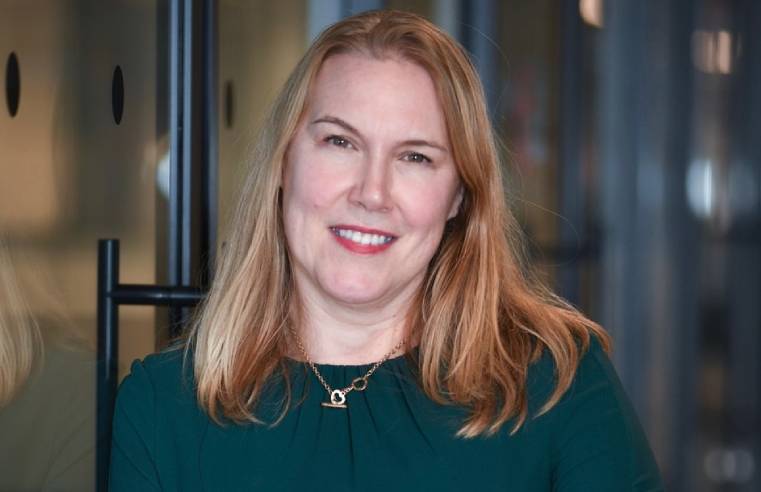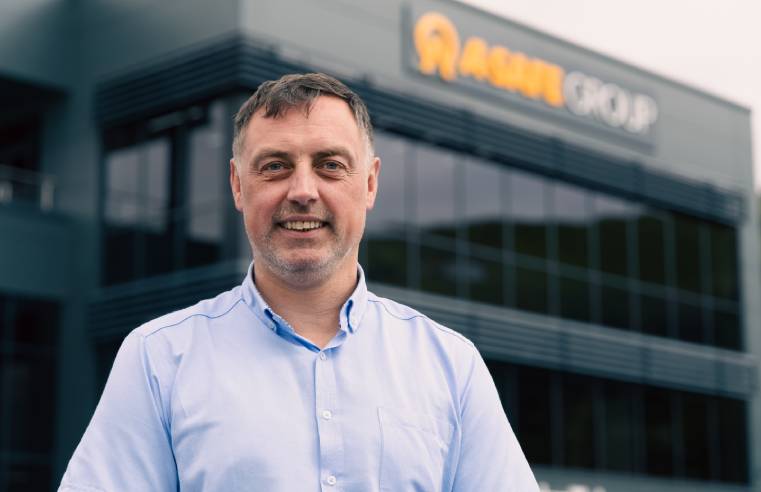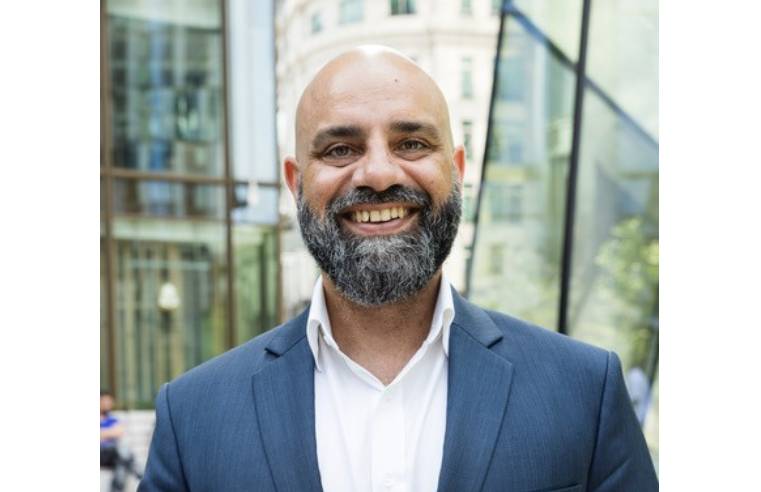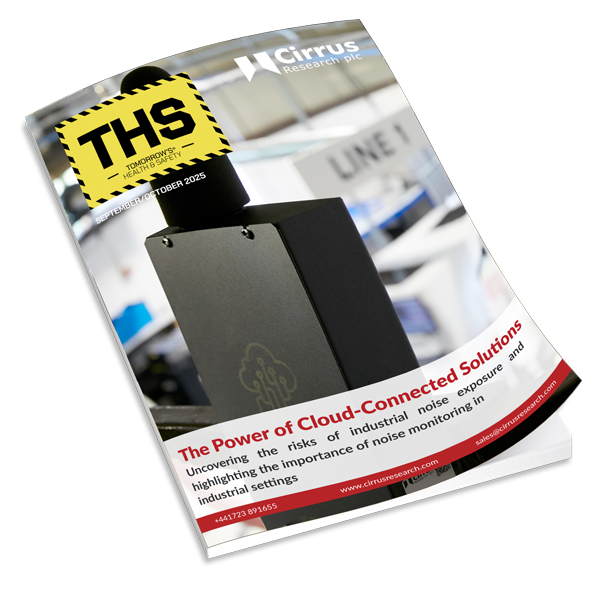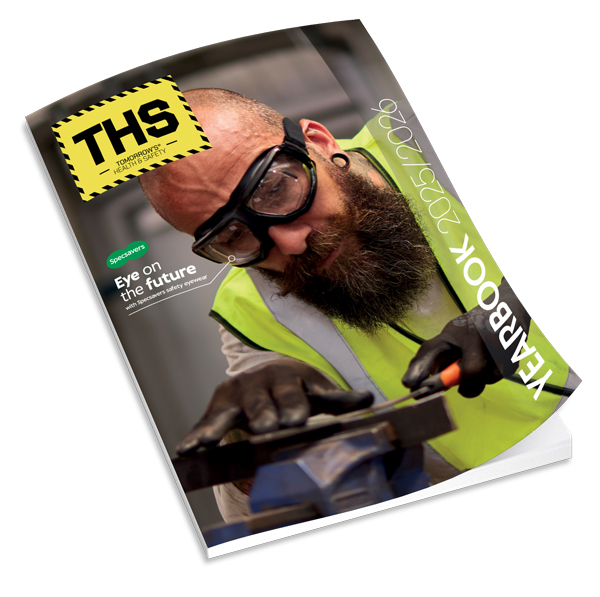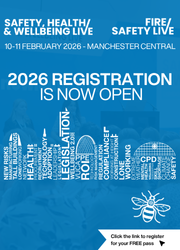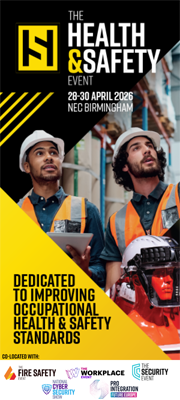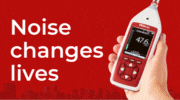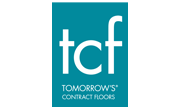Compulsory COVID passports to enter clubs and events offer false security, says London Medical Laboratory. Ongoing antibody tests are the key to avoiding local lockdowns this autumn, not the UK’s four different passport schemes.
The Scottish Government's vote to follow England in introducing a mandatory COVID passport scheme, for entry to clubs and large events, has led a leading COVID-19 expert to warn passport schemes could do more harm than good, because they give a false sense of security.
Dr Quinton Fivelman PhD, Chief Scientific Officer at London Medical Laboratory, says the new compulsory COVID passport schemes being introduced in England and Scotland at the end of this month are not worth the paper - or QR code – they are written on.
Dr Fivelman said: “We have warned before that getting a COVID ‘pass’ because you’ve had two jabs is like receiving a driving licence simply because you’ve turned up for the test. Quantitative COVID antibody level results need to replace vaccination cards, COVID passports and other inaccurate ways of indicating potential protection against the infection.
“It is particularly confusing that the UK has four official national digital COVID ‘Pass’ schemes. It’s unacceptable that no one UK nation shares the same system. The separate schemes for England and Wales, Scotland and Northern Ireland should be replaced by a single UK-wide COVID-19 antibody result App.
“It is quite frankly nonsense that England and Wales share one NHS website scheme but only the English can access the scheme via the NHS App. Likewise, Scotland will have a COVID status App with a QR code from 30 September, while Northern Ireland has yet another App which is downloadable on Google and Apple stores.
“Flawed systems aside, the basic problem is that passports don’t really help control the spread of COVID. Our research reveals that 1 in 100 fully vaccinated people fail to develop any antibodies at all after vaccination. That means that, even if every UK adult is vaccinated, half a million adults will have no protection whatsoever, and not even realise. A COVID passport can’t identify those people who have not responded to the jab or those who have responded poorly.
“We also know that the number of antibodies in our system following the jabs tumbles rapidly over time. The latest Infection Survey from the ONS reveals that 92% of over-80s (the first group to receive both jabs) tested positive for COVID antibodies in their blood, down from 94.4% in its 7 July report. We expect these numbers to continue falling.
“Our most recent tests are finding a growing number of people have lower values (50 to 500AU/ml) of antibodies and the clinical significance of this is still being researched. The ‘cut-off value’ is still not known and how long protection will last is still being fully understood although research has shown a clear correlation between antibody levels and protection against reinfection. If someone takes a test and their score is low, their antibody levels may have significantly declined over time and they may be more susceptible to the virus as time passes.
“That’s why an antibody-based passport, rather than a simple ‘double jab’ record, would be the best solution to help the UK return to normality, or at least a ‘new normal’ balance of risk versus rewards.
“If anyone is concerned about their own immune response to the jabs and how well they continue to produce antibodies, the new generation tests we offer are highly accurate, quick and simple to carry out, either in their own home or at a clinic. These tests are available privately for those who don’t qualify for the Government’s new limited testing programme which requires you to test PCR positive before requesting a free antibody testing kit.
“For the latest information about the level of protection vaccinations offer against COVID-19, seeLondon Medical Laboratory’s new White Paper.”








